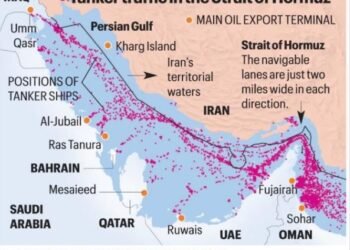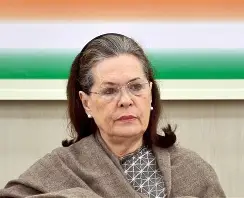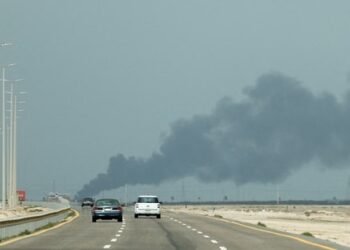Pakistan’s denial of involvement in the Pahalgam terror attack is coupled with a stark nuclear warning from a key minister. The threat of “full-scale war” over water resources, combined with India’s retaliatory measures, has created a dangerous situation with little prospect of immediate de-escalation.
BY PC Bureau
New Delhi, April 27: In a dramatic heightening of already strained relations, Pakistan’s Minister Hanif Abbasi has issued a stark nuclear threat against India. His comments, made in response to India’s retaliatory measures following the deadly Pahalgam terror attack, have drawn sharp condemnation and further inflamed tensions between the two nuclear-armed neighbors.
Abbasi explicitly stated that Pakistan’s nuclear arsenal, including its Ghori, Shaheen, and Ghaznavi missiles, along with its reported 130 nuclear warheads, are “only for India.” He warned of a “full-scale war” if India were to halt Pakistan’s water supply by suspending the Indus Waters Treaty.
“If they stop the water supply to us, then they should be ready for a war. The military equipment we have, the missiles we have, they’re not for display. Nobody knows where we have placed our nuclear weapons across the country. I say it again, these ballistic missiles, all of them are targeted at you,” Abbasi declared in a public address.
ALSO READ: Opinion: Trump’s Neutrality on Kashmir: A Setback for India
His remarks came in response to India’s announcement of retaliatory measures, including the suspension of the 1960 Indus Waters Treaty and the revocation of several categories of visas for Pakistani nationals. Abbasi ridiculed these actions, claiming that India was already suffering consequences, pointing to disruptions in Indian aviation caused by Pakistan’s closure of its airspace. He warned that continued restrictions could drive Indian airlines into bankruptcy.
Meanwhile, Pakistan has strongly denied any involvement in the Pahalgam attack. Islamabad rejected India’s allegations of cross-border links as “baseless,” attributing the violence to internal issues within India. Pakistani authorities emphasized that India has a pattern of making accusations without presenting evidence.
#FPLIVE: Pakistan Minister Hanif Abbasi openly threatened India with nuclear retaliation, warning that Pakistan’s arsenal – including Ghori, Shaheen, and Ghaznavi missiles along with 130 nuclear warheads – has been kept “only for India”. https://t.co/uXmjEJToom
— Firstpost (@firstpost) April 27, 2025
Pakistan also criticized India’s retaliatory measures as “unilateral” and “aggressive,” accusing New Delhi of violating international agreements. Islamabad’s Foreign Office condemned the linking of the Indus Waters Treaty to an attack Pakistan denies involvement in, calling it “deeply regrettable and escalatory” with potentially severe regional consequences.
ALSO READ: Pahalgam Bleeds, Manipur Burns: A Nation’s Unequal Empathy
Domestically, some voices in Pakistan have warned about the humanitarian impact of suspending the treaty, highlighting the devastating effect it could have on Pakistan’s water-dependent agricultural sector.
Pakistan’s official position remains unwavering: it disclaims any responsibility for the Pahalgam attack and views India’s retaliatory actions as unjustified and inflammatory. This firm denial, combined with escalating rhetoric and nuclear threats, has plunged India-Pakistan relations into a perilous phase. With tensions running high and no signs of immediate de-escalation, international observers are urging both nations to exercise restraint and prioritize diplomatic solutions to avoid a wider crisis.













